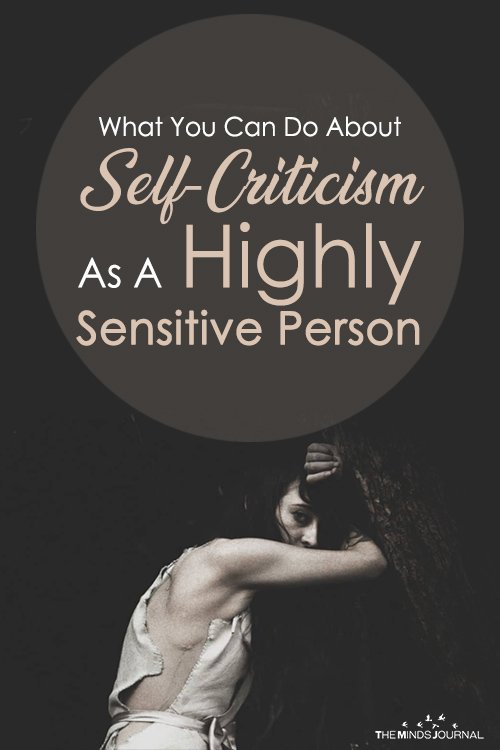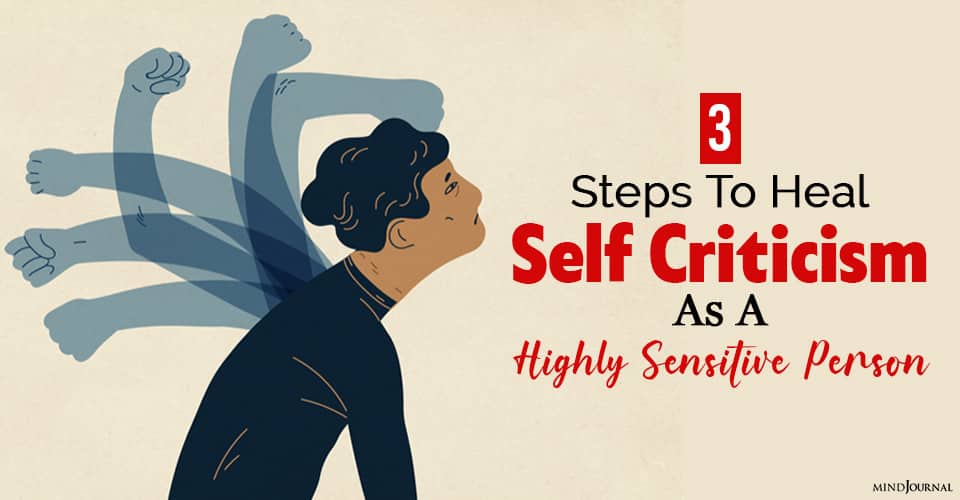You are highly sensitive, also addressed as an HSP, aren’t you?
- Or there are times when you experience an uncanny weight of feelings, some of which you even question as being just your own.
- Or you’re the kind who marvels at how easily some of your friends mingle in large groups of people, without batting an eye.
- You frequently feel exposed to negative feelings that you can’t quite name or put a finger on.
If a couple of the above seem like they’re a match for your inner world, then it might mean that you’re a Highly Sensitive Person (HSP).
The term first appeared in literature when psychologist Elaine Aron coined it along with her husband Arthur Aron. The two also were instrumental in developing the Highly Sensitive Person Scale questionnaire, to create estimations about the rate of responsiveness to stimuli, both internal and external.
Aron gave birth to the idea of Sensory Processing Sensitivity (SPS), which looks at increased sensitivity to the nervous system and a more in-depth cognitive processing of stimuli. A person with a high measure of SPS is thought to be an HSP.
According to Aron, SPS tends to leave a person with the ability to experience more nuanced feelings to even subtle stimuli. SPS also indicates more intricate processing to come up with coping mechanisms in emotional situations.
Now, come to think of it, being an HSP is essentially a double-edged sword.
The same sensitivity that makes it unbearable for you to be okay with situations that others consider irrelevant, also makes it possible for you to be more empathetic.
As an HSP, it is also likely that you are able to detect more nuances, subtleties, and undercurrents in scenarios than others. It’s just this constant overwhelm that can make life difficult for you to negotiate.
A long-term struggle between the internal and external also creates larger shadows for Highly Sensitive People. For many, this has been the status quo from the time they were young. Even as they grow up, they notice how their difficulties in regulating their responses don’t subside.
Related: Why Highly Sensitive People Get Bullied In Life
Is it then any surprise that for many HSPs becoming critical of the self is but a natural response?
In 2014, when I read Elaine Aron’s book, I was astounded at how every word in it spoke of a truth that my felt-sense had detected, but that which I found difficult to articulate.
HSPs are known to be sensitive to external stimuli, which Aron has linked to them being more empathetic to non-HSPs.
In fact, in a study named “The Highly Sensitive Brain”, Elaine Aron, Arthur Aron, and other researchers working with them noted that HSPs tend to be more tuned into the expressions of their spouse.
In terms of internal stimuli, Dr. Aron has outlined the depth of processing and overstimulation as being reasons. For example, an HSP could focus more on sounds and ideas and make comparisons to a degree much higher than a non-HSP in the same situation.
I realized I had been an HSP all along and I needed literature like that for me to come to terms. I also became more aware of inner voices that passed critical judgment without any respite.
In time, I developed some mechanisms to work with these traits that I have now accepted as part of my personality. Some of those are what I am going to share with you in this write up.
1. Find Ways To Meet Your Inner Criticism.
I remember the time I believed I can be critical only of other people. To that extent, I was aware of how I could pass value judgments or dismiss them as soon as I found their worldview didn’t match mine.
What took me more time was to come to terms with how I saw myself.
The discovery was at once sad and shocking, because here I was putting the context outside of me, whereas in truth, it lay within!
I still remember the first time I drew the amalgam of inner voices that seemed sensitive, critical and unsavoury. I drew just a black mass of soft pastel.
The experience was thoroughly moving but it made me want to look at the different strands of self-criticism more deeply. In the subsequent days, I drew more and I took to free writing as expression.
I found the courage to lock myself up in a room and give myself the time I needed to hear myself out. In the months to come, I saw through the stories I had developed for myself. I also took inputs from others as they experienced me. I realized it had all gone into making that dark black mass.
Meeting your critical self isn’t easy but if you identify as an HSP. But it might be really helpful for you to look at self-criticism as a fact and then take out the different strands.
Write them down as statements, say them aloud and see them come out in more concrete forms. And in time, you will have come to a place to replace them with kinder words.
2. Develop Curiosity About Your Sensitive Nature.
For a moment, pause and wonder why being highly sensitive is seen as a problem in the world we live in.
No matter what your contemplation threw up, there’s one fact that none of us can deny – the world at large looks at strength, inner and outer, as desirable.
Take it a level further, and you’ll see how strength is absolutely necessary for survival. “Survival of the fittest” – you know of that little saying we grew up hearing, right?
While that does have a grain of truth in it, we forget that as human beings we are also made of a whole lot else. That lot includes our sensitivities, our vulnerabilities, and how we negotiate our lives along with them.
For an HSP, the higher rate of sensitivity can often be the cause of overwhelm. This can then create other emotions like sadness and anger, which subsequently can be turned inward. This is how self-criticism is often born in HSPs.
In my experience, the more we try to dumb these feelings down, the more they explode in our faces.
Alternatively, you can develop a sense of curiosity towards this side of you. Some questions I have asked myself include:
- “Am I generally sensitive?”
- “What are those top 5 things that create crazy ripple effects within me?”
- “What among the things I do, makes me feel safe and happy?”
- “What kind of people don’t trigger me as much?”, etc.
Frankly, the list of questions can go on.
Related: The Difference Between Empaths and Highly Sensitive People
What’s also true is that there’s no one answer that every HSP will come up with. However, sitting with yourself and allowing some space to ask questions can lead you to answers that you never thought existed.
Simply put, this is an antidote to judging yourself for being highly sensitive.
3. Explore Old Wounds And How They Affect You.
How wonderful would it have been if all we had to live with is our present, isn’t it?
We all know how that is far from the truth. Because the years and the experiences add up to make us who we are. For an HSP, a highly stimulated nervous system is often associated with a not-so-pleasant past.
From family discord to abuse, parental neglect to high performance pressure in school, the original stimuli could have been anything.
Often times though, these have a direct impact on how we see ourselves and process our inner thoughts and feelings.
Now that you’re in the present, you have the opportunity to step back and sit with your past. This kind of depth work might be challenging to do on your own, in which case find a therapist who can help you on your journey. If you have a confidante that you can trust, you could even begin early explorations with that person.
However, always remember that as an HSP, it’s ideal that you have a safe and holding space to give yourself the permission to unravel.
It could also possibly take a long time, the pain subsiding only as you air your wounds and learn to look at them with compassion. Support that can provide you self-reflection and empathy is a must if and when you do choose to take this step.
Related: 6 Important Grounding Tips For Empaths and Highly Sensitive People
As an HSP myself, I know how it feels to be faced with a crisis of self-criticism. Let that linger and over a period of time, it can work as negative stimuli while stripping you of all the self-esteem you’ve gathered for yourself.
I hope you’re able to give yourself the inspiration to work around your highly sensitive traits and eventually find a place of calm and comfort.











Leave a Reply